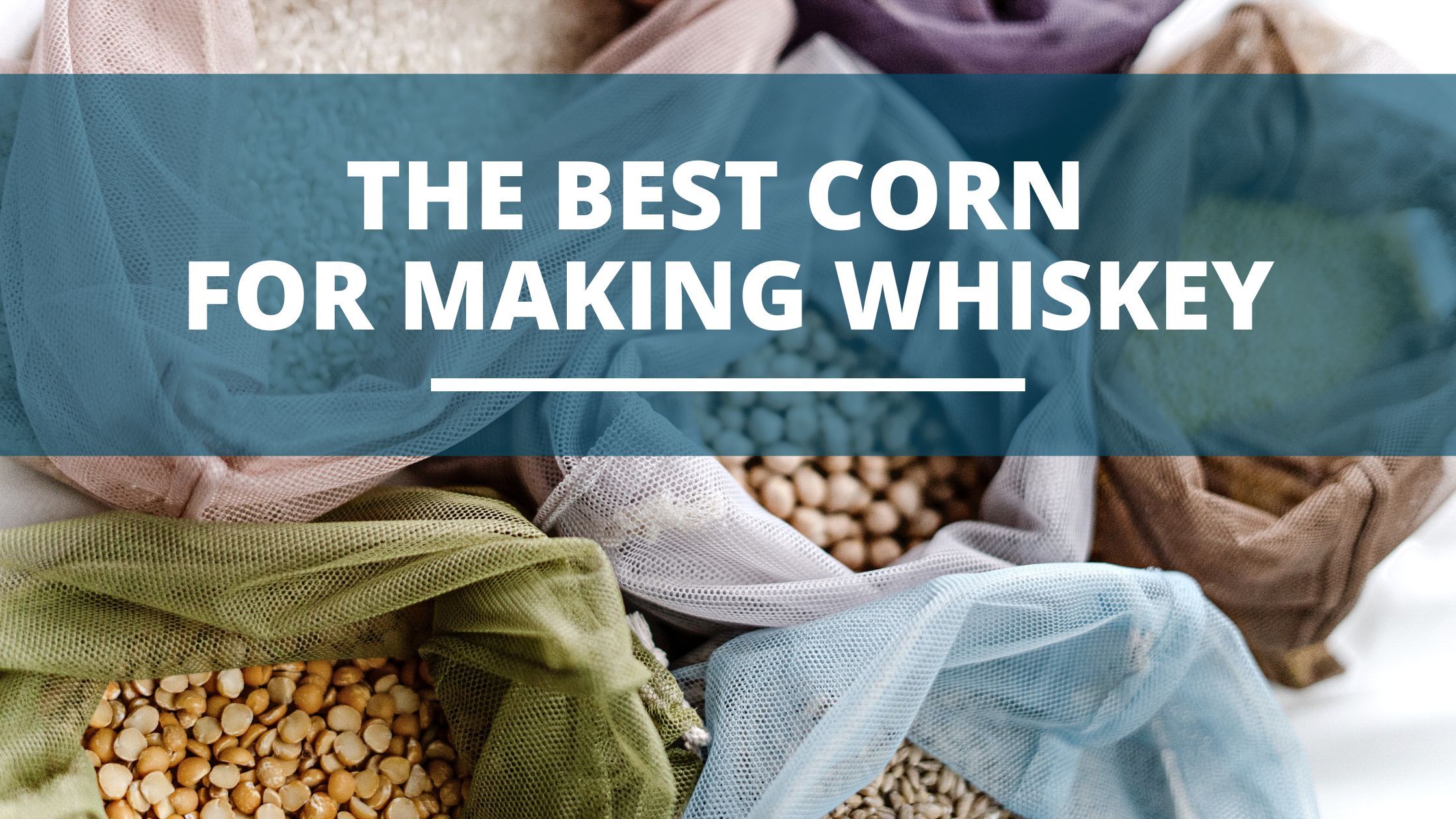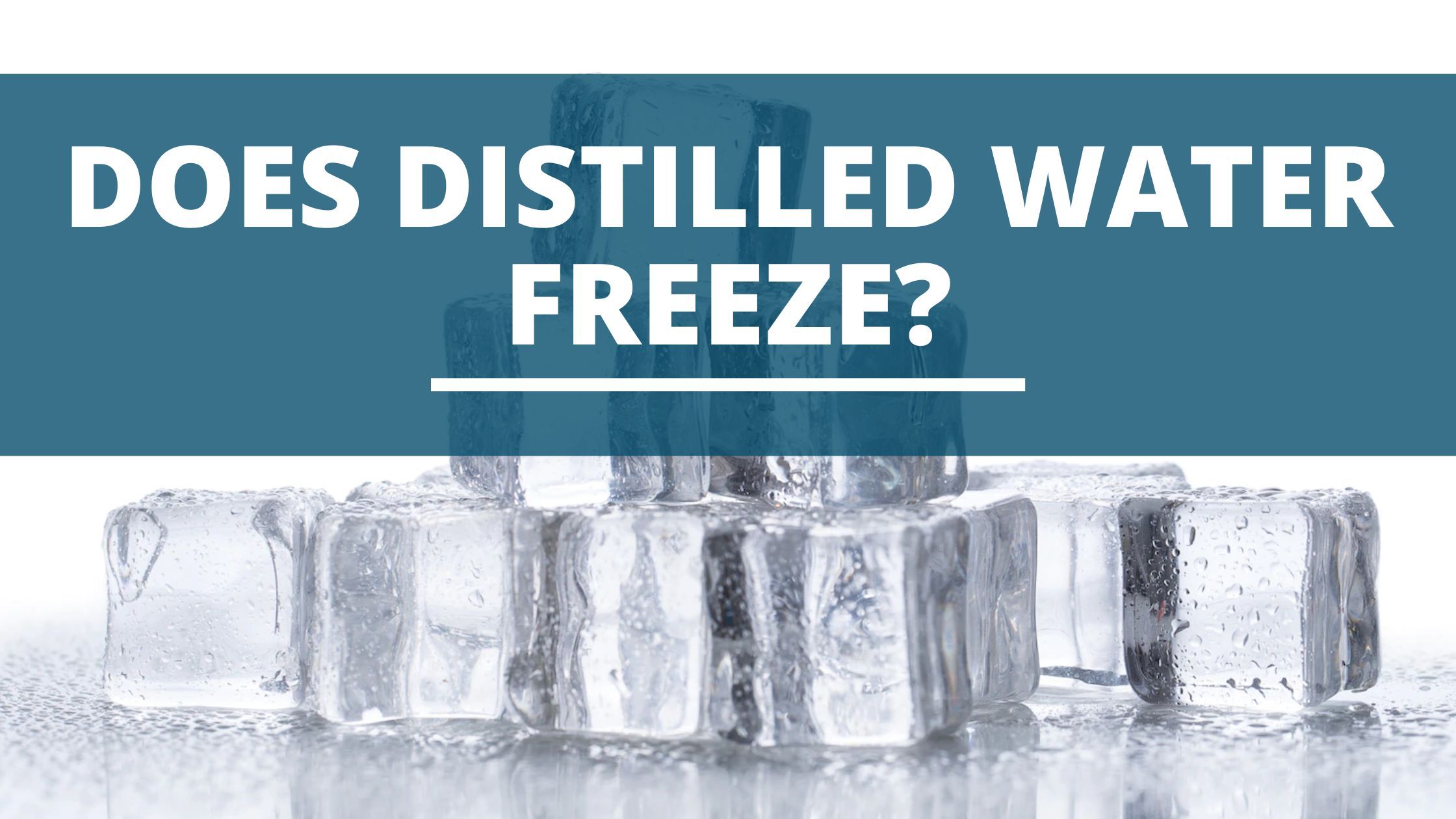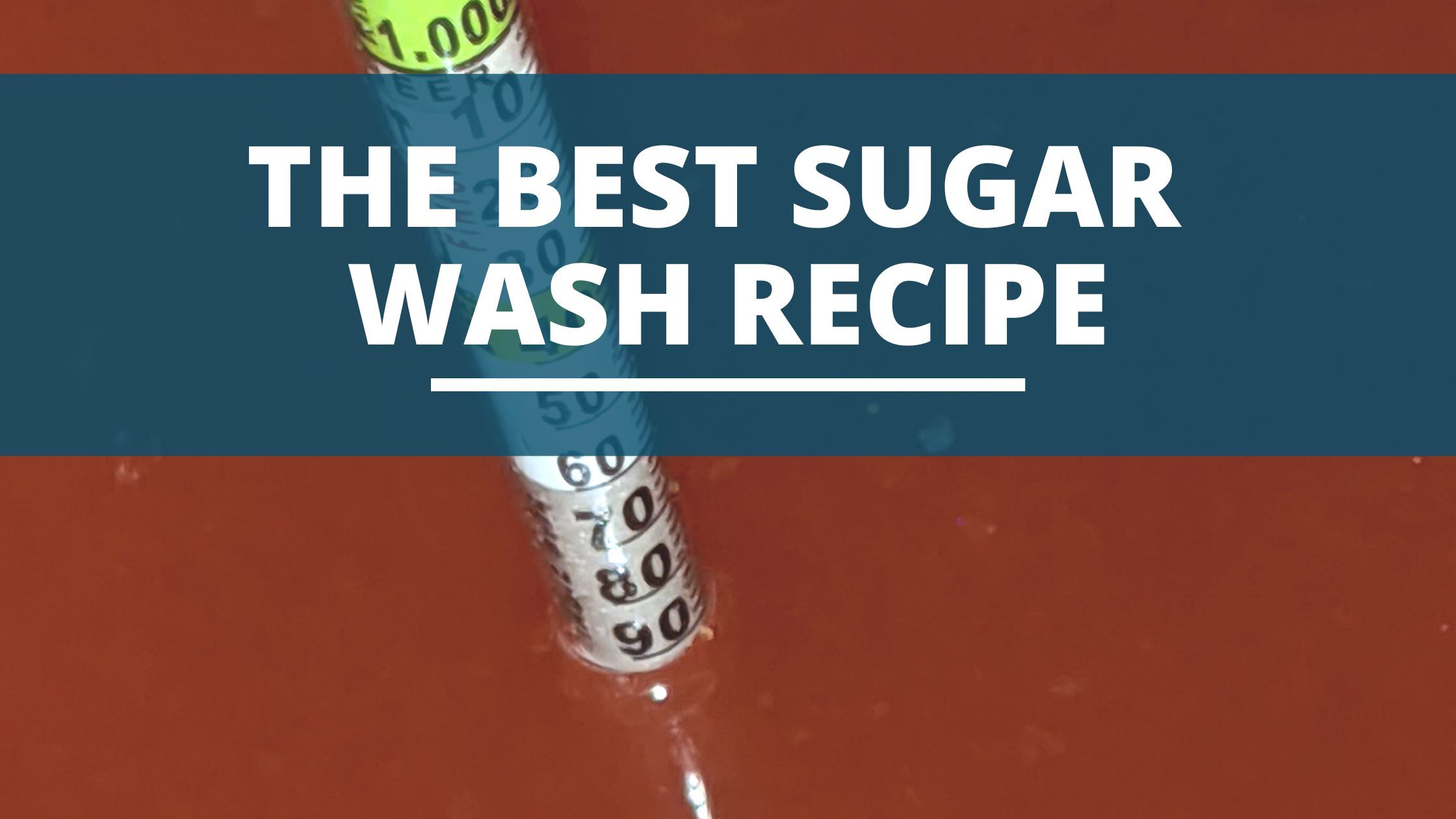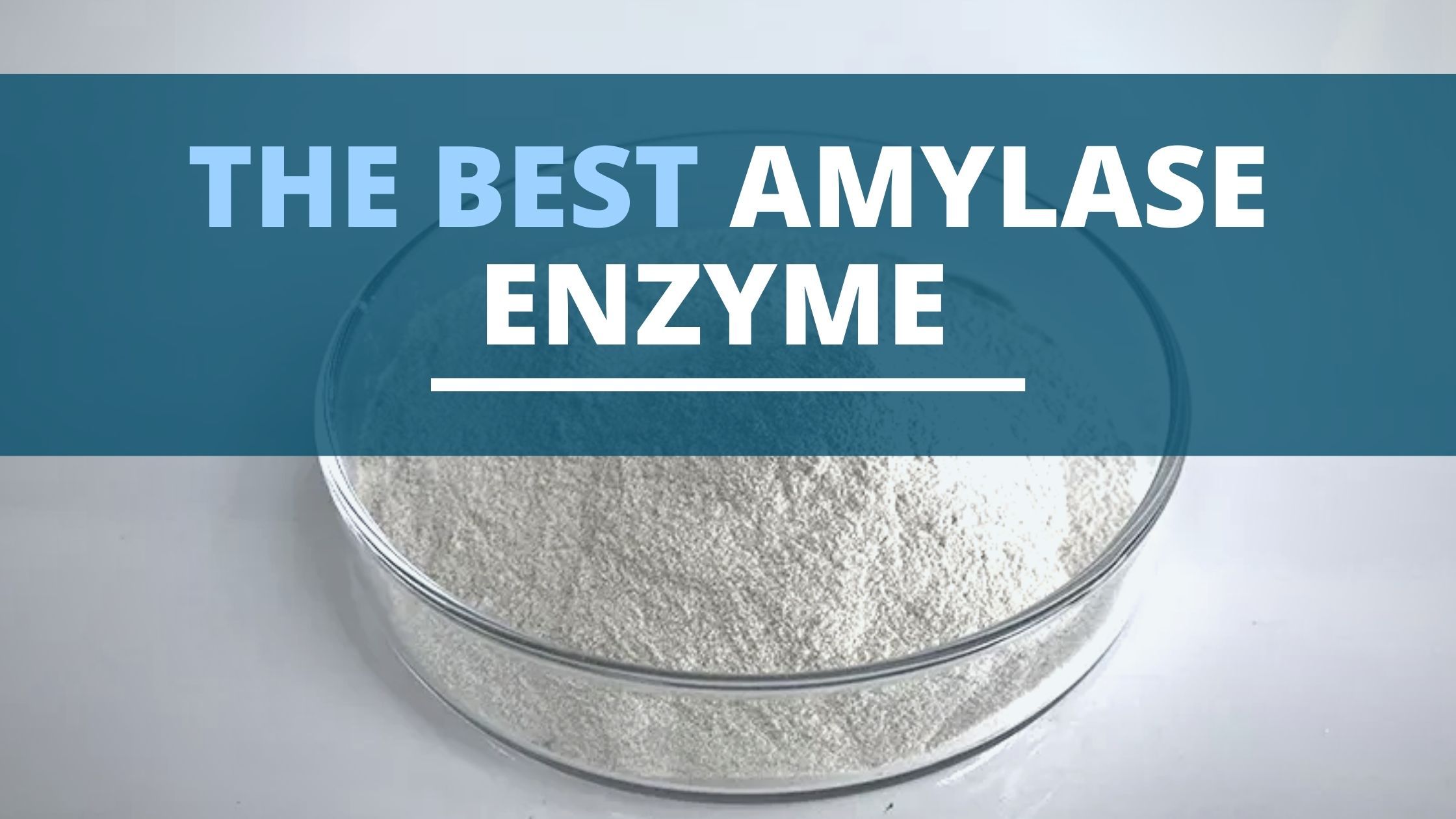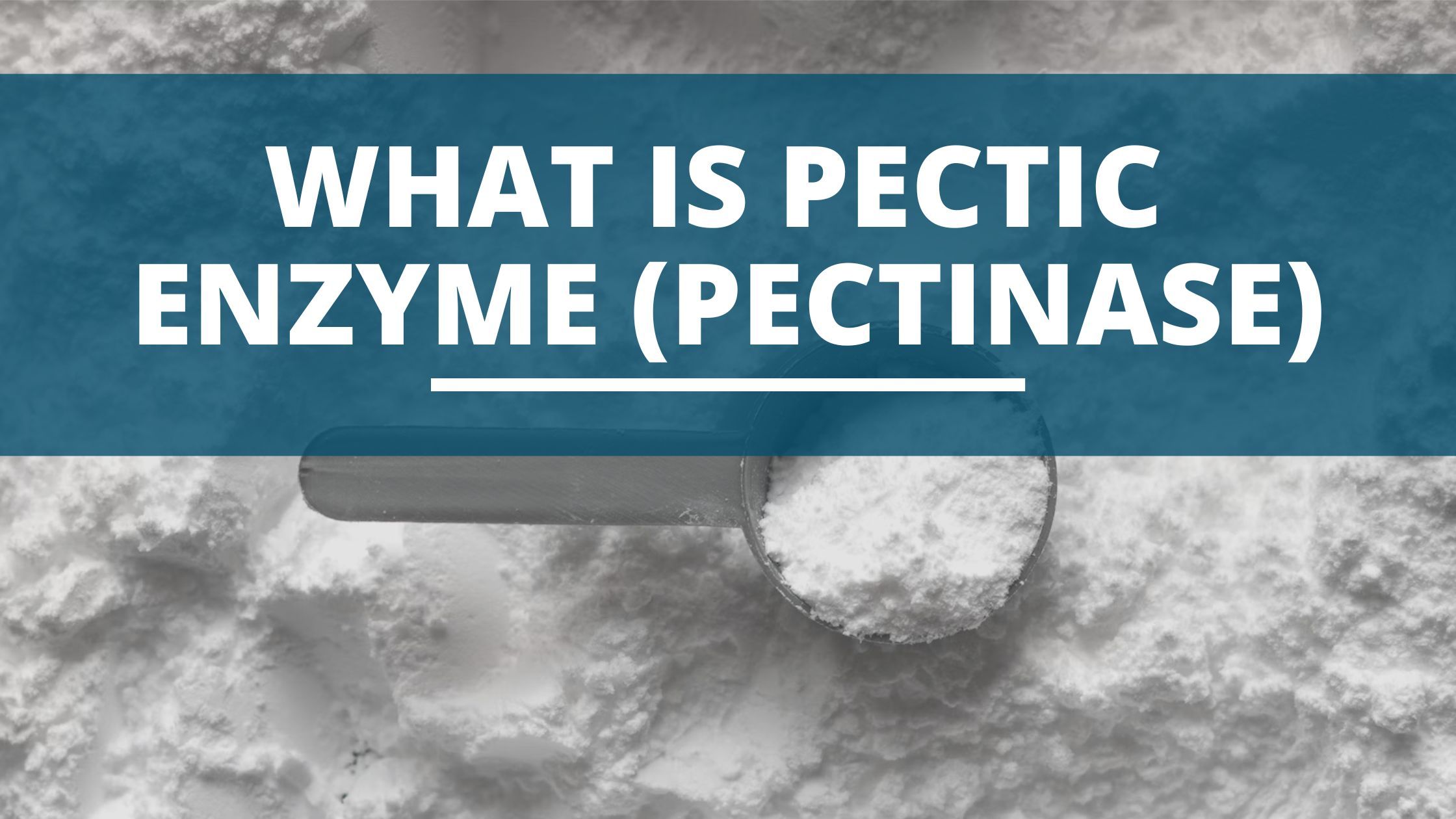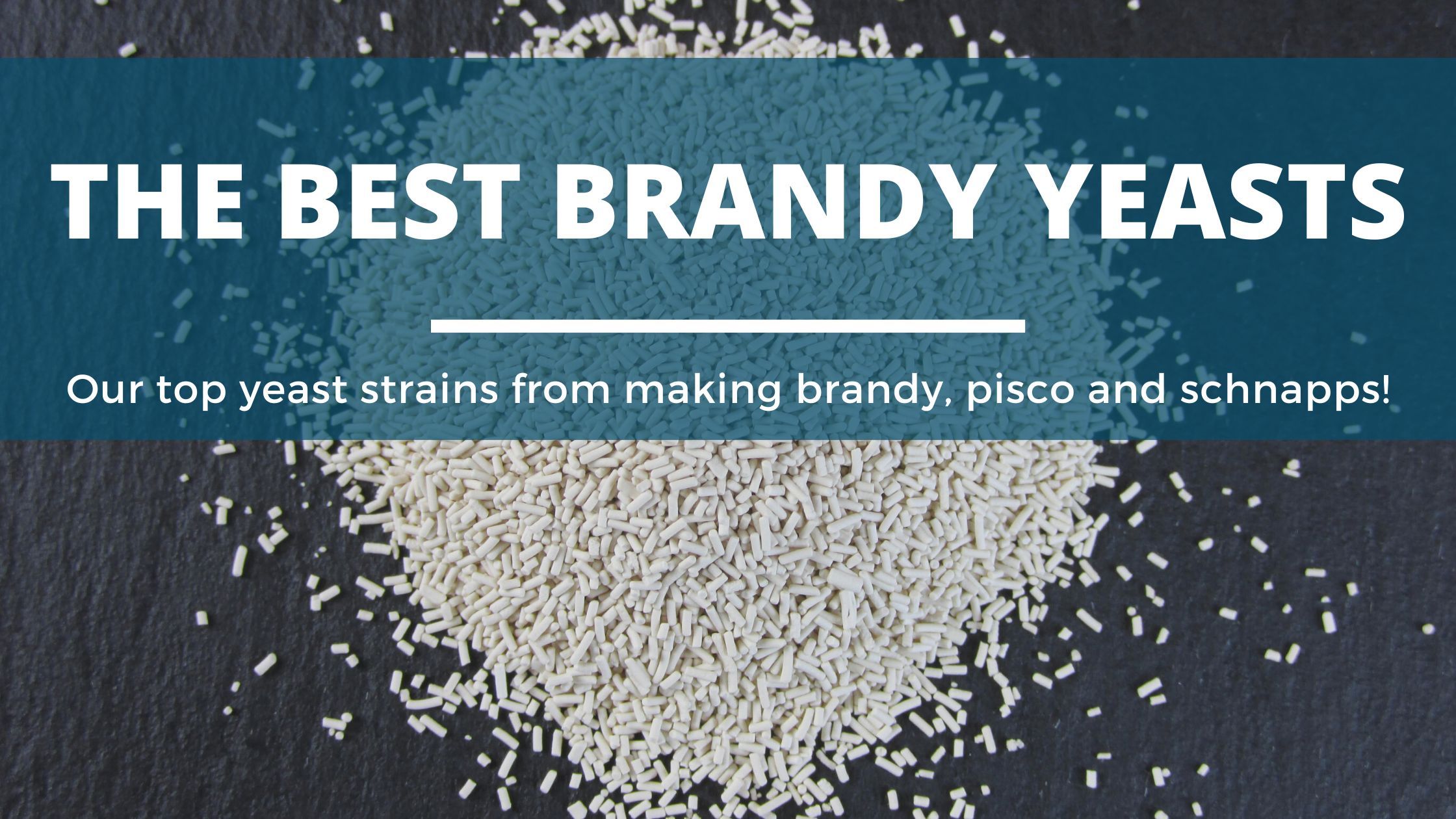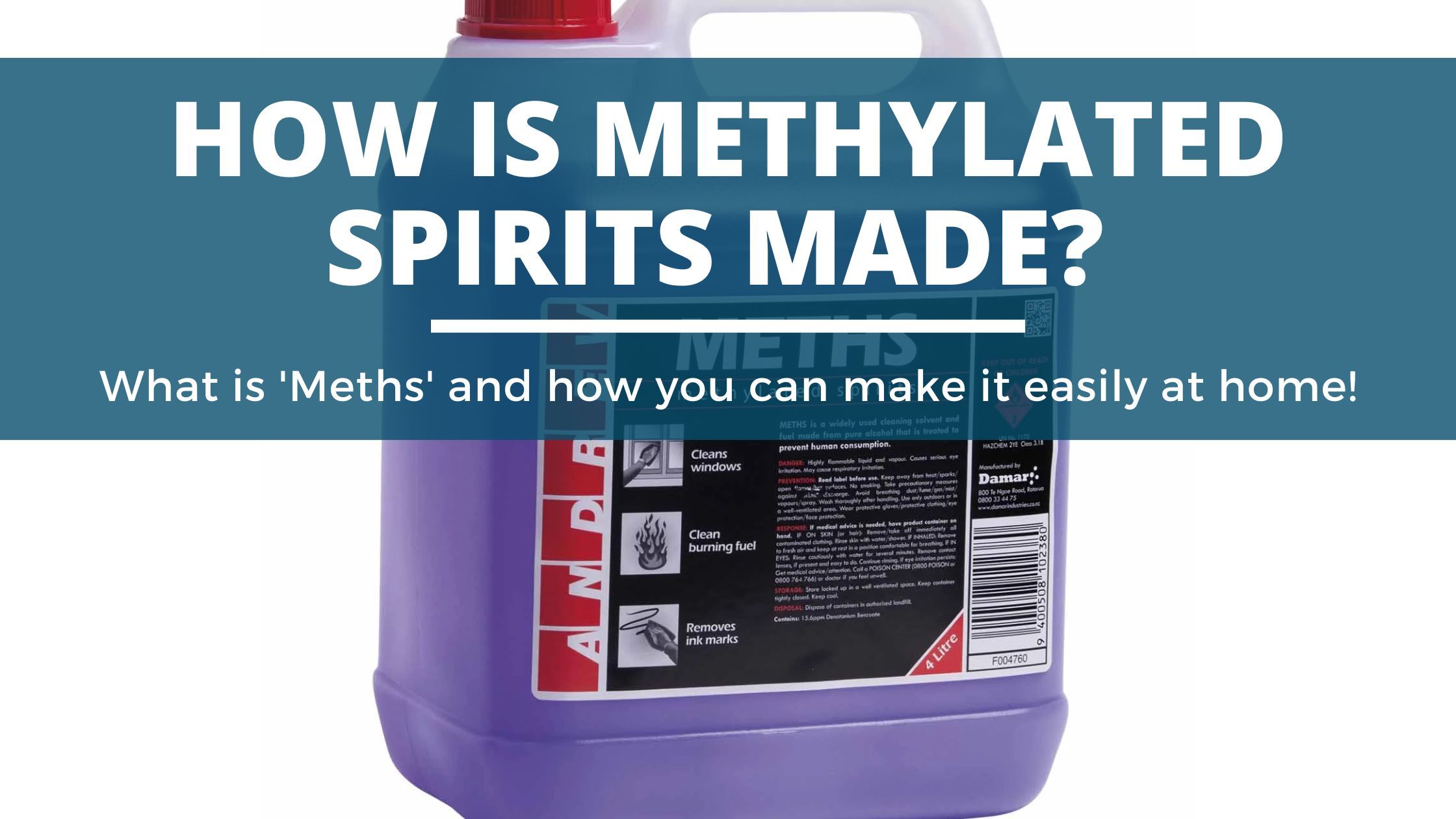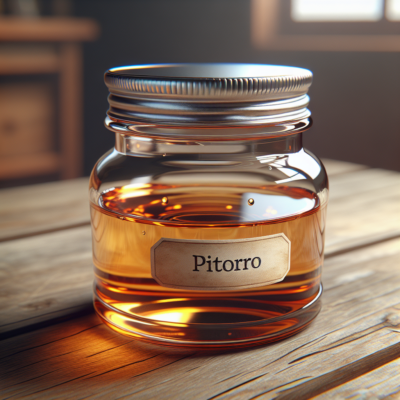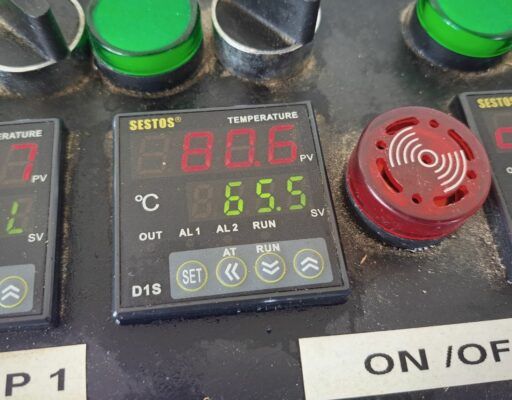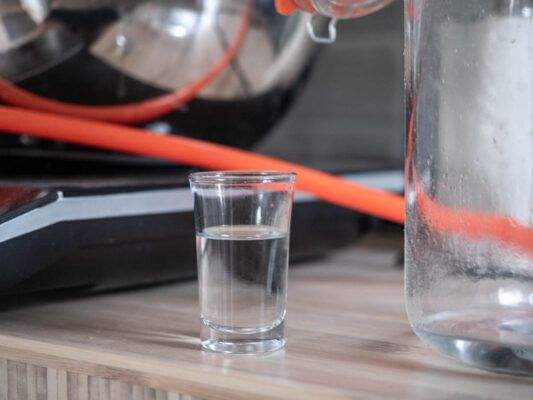From improving the texture to prolonging the shelf life of baked goods, inverted sugar truly is a baker’s best secret. But did you know you can use this magical elixir to improve the quality of your spirit? It’s highly fermentable, allowing for a high-proof spirit, and creates a smoother well-rounded drink. To make: Now you’re{…}
Category Archives: Ingredients
Finding a suitable yeast can be a daunting task, as it can make or break a spirit’s flavor profile. That’s where yellow label Angel yeast comes in. This unique blend of fungi and enzymes is a popular choice amongst distillers because it has high alcohol tolerance and can produce a smooth spirit that allows other{…}
Corn is the basis for the production of whiskey and moonshine. It has a starch content necessary for fermentation, and when combined with a decent enzyme, it can create the desired ABV. But not all corn is created equal. Some varieties, like corn flour, have a low starch content and are only suited to making{…}
Double pitching and co-pitching are two different techniques to alter the fermentation process of your beer, wine, or spirit wash. Double pitching involves adding more of the same yeast, while co-pitching is where two different yeast are mixed together to get a particular flavor, aroma, or fermentation characteristic. Both are somewhat controversial topics in the{…}
There are various ways to purify water. From distilling, deionizing, and reverse osmosis. Most of these methods treat the water you use at home. Distilling water is a common technique used commercially and it can be replicated at home. Distilled water is water that’s steamed, condensed, and collected in sterile jars. This ensures an excellent level{…}
Sugar washes are one of the first recipes that the beginner distiller will learn. They’re cheap, easy, and produce a high-ABV wash ready for distilling. If you’re making vodka or gin, most people will start with a sugar wash. A sugar wash comprises sugar, water, yeast, and nutrients. It makes a decent neutral spirit that{…}
The type of amylase used varies depending on the purpose they’re supposed to serve. While some grains, like malted barley, tend to have enough enzymatic power to convert their own starch and that of adjuncts to fermentable sugars, some grains you use only have starches suited to add flavor to the fermented drink. When you{…}
There are instances where you would employ the use of pectic enzymes, and one of those is when you’re distilling or brewing fruit-based spirits. Though some home brewers are on the fence about whether or not to use it – citing that a hazy look is nothing to concern yourself about, knowing you can achieve{…}
With more than 1500 varieties of yeast available to choose from, knowing the right type to use when making brandy, schnapps or any other fruit spirit can be confusing. And, because any type of yeast *can* be used, there is no bad or good option. It all depends on your taste, preference, and budget. However,{…}
Methylated spirits is a very common product used for general purposes around the home, office, and workplace. It’s predominantly used for cleaning as it’s almost 100% alcohol which is a powerful solvent. It’s known to be an eco-friendly product, which is why people favor it more than other cleaning chemicals. We all know it as{…}
How to Make Pitorro At Home (Step-by-Step Guide)
Pitorro is a popular Puerto Rican drink, especially during special occasions. It follows the same{...}
The Best Still For Making Whiskey (In 2024)
With so many whiskey-making stills on the market, choosing one that will cater to your{...}
The Best Still For Making Vodka (In 2024)
I make a lot of gin, and to make gin you need vodka first. Over{...}
The Best Thermometer For Distilling (In 2024)
One aspect that allows us to create high-quality spirits hinges on having a reliable and{...}
How To Cut Heads and Tails When Making Gin
One question we get asked a lot in the Facebook group and our Ask an{...}
A Distillers’ Guide To Excise Duty (Excise Tax Considerations)
From the Author: This article has been written as a necessity given the variety of{...}



